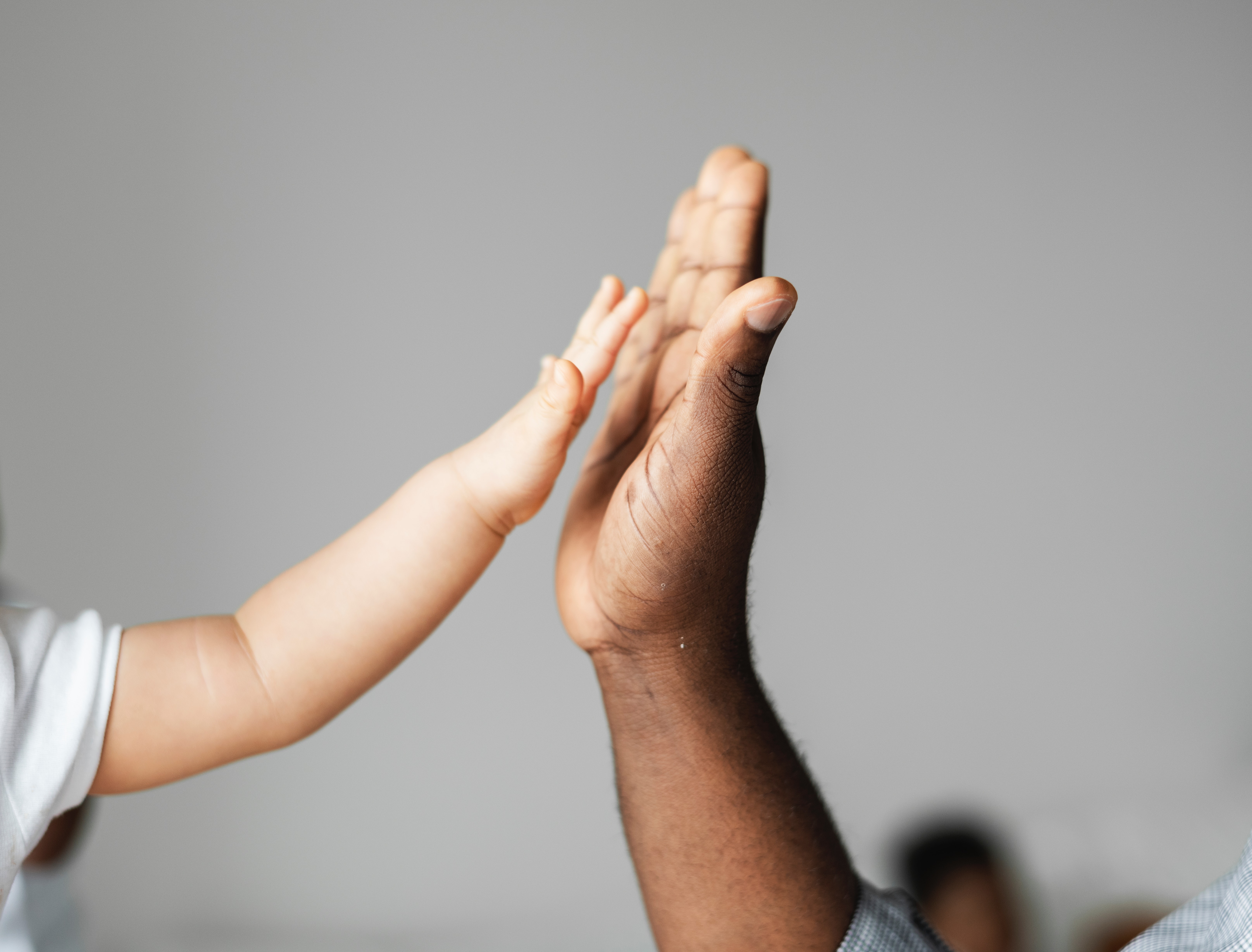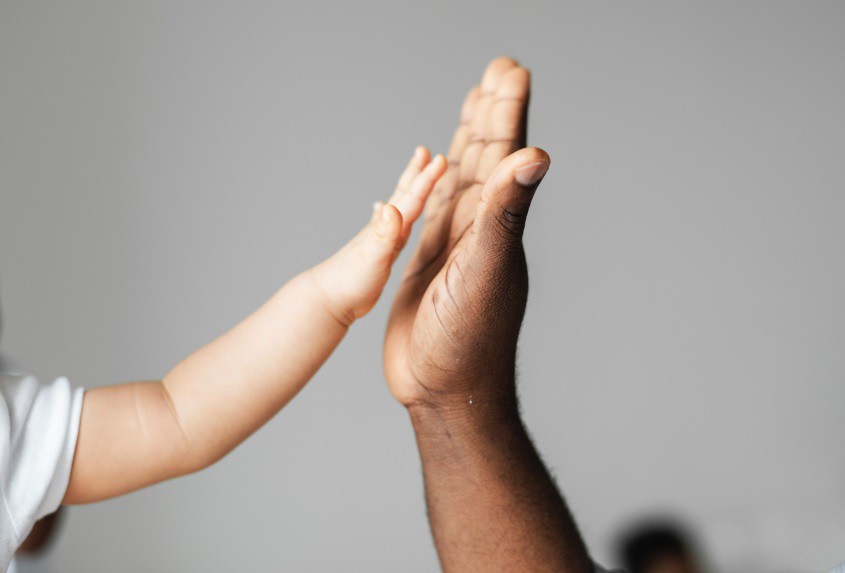
A lot of people say that by donating or volunteering their time to Children’s Wishes and Dreams overall has made them a feel better and happier as a person. Some new research has also shown that effortlessly wishing well to someone can also mimic the same effects of a positive mood.
With the stresses of this modern life, we all need that little break away, whether it’s getting out of town, walking outside, and meeting up with close friends and family. Every waking moment is spent dealing with the anxiety of coping through another day of stress and looking to find a better way to lift your mode.
Can helping others play a role in my well-being? Some past research has confirmed that by being generous has defiantly made a lot of people happier. Other studies show that acts of generosity ignite certain parts of the brain, reducing the effects of stress and anxiety.
The journal of Happiness Studies has researched a lot into different ways to lower anxiety while raising will-being, their new research suggests that just wishing someone well can increases your mood dramatically.
A psychology professor Douglas A Gentile at the University of Iowa State and his colleagues Dawn M Sweet, and Lanmiao have narrowed down several strategies that have been shown to increase mood, Loving-kindness, interconnectedness, and downward social comparison are the three strategies that have the most potential in boosting the mood of a person.

What can loving-Kindness do for you?
Students were asked by Prof. Gentile and colleagues to use one of the three strategies for 10mins so that they could measure the mood-boosting effects as the students walked around the university building.
One group of students were told to look at a person and think, “I wish for this person to be happy.” To better evaluate the mood, they were also told to say it with conviction to themselves. This strategy would become known as The Loving Kindness.
The second group of students were told to look at someone and imagine what aspirations, hopes, and feelings that a person may have in common with you. This strategy would be known as the Interconnectedness.
The third group were told to think about a person they may have encountered where their life in relation to that person’s life is compared. This last strategy would be known as The Downword Social Comparison Strategy.
Another group of control students would be added by Prof. Gentile and his colleagues to focus on people’s physical appearance, style, and so on.
Each student who did participate would be asked to fill questioners out before and after the experiment to measure the amount of anxiety, stress, empathy, and happiness levels, all three groups would be compared against the control group for differences in levels.
Data from all the research showed that out of the three strategies used loving-kindness had the highest levels of empathy and happiness, which in turn lowered the levels of anxiety of the group. Just wishing other people well would increase the feeling of caring and connectedness.
On the other hand, downward social showed no increase in mood, which made the group felt less caring and empathetic, this level of mood has also been shown to plays a big factor in anxiety and depression.
Prof. Gentile said, “Walking around and offering kindness to others in the world reduces anxiety and increases happiness and feelings of social connection.”
“It’s a simple strategy that doesn’t take a lot of time that you can incorporate into your daily activities,” and “extending loving-kindness to others worked equally well to reduce anxiety, increase happiness, empathy, and feelings of social connection.” Every donation that helps grant a wish is more than a gift, it’s a blessing for the child and their families who thank you so much for sharing your happiness.


